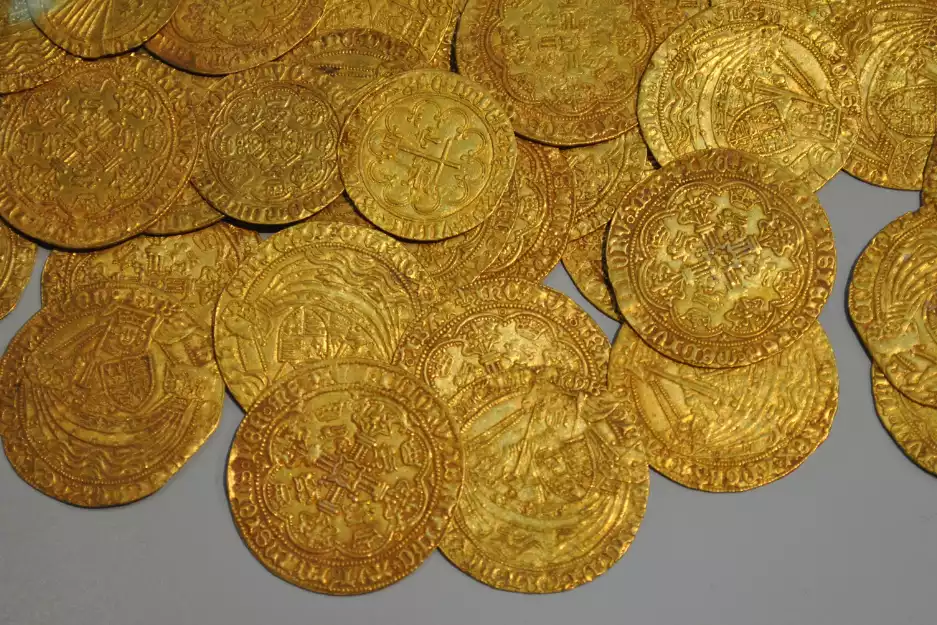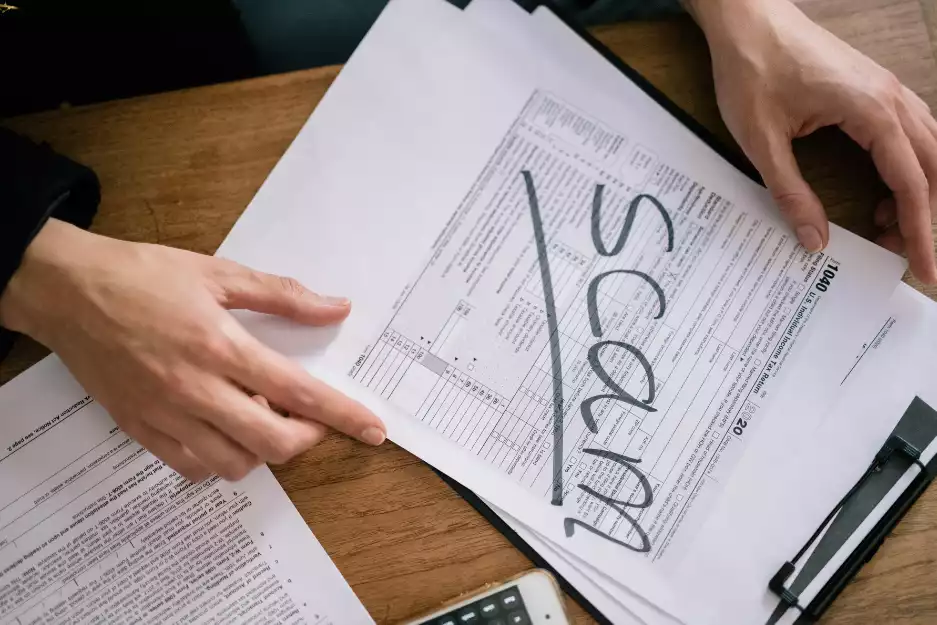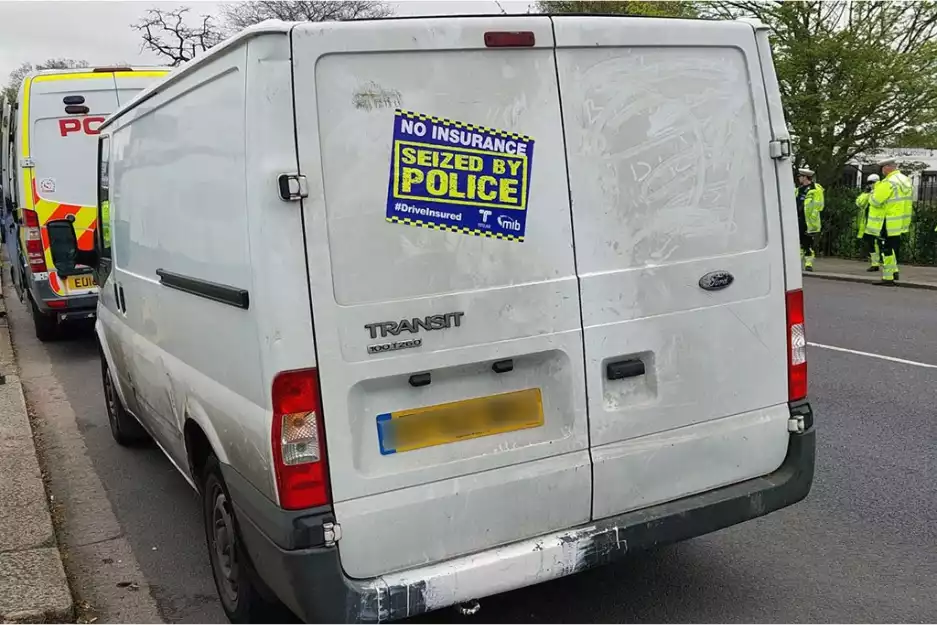-
AllAnytime Fitness Gym Art Blog Bus Fares Bus Service Business Business Expo C2C Care Care Home Charity Children Christmas Cinema City Status Cliffs Pavilion Cliffs Pavilion Review College Community Competition Construction Coronation Coronavirus Design Easter Education Electoral changes Leigh on sea Employment Emsella Chair Environment Essex & Suffolk Water News Essex Police Essex Wildlife Trust News Events Family Fun Fashion Festival Film Finance Fitness Food Food & Drink Foulness Bike Ride Fresh Face Pillow Company Gardening General Election Hair & Beauty Halloween Harp Havens Havens Hospice Havens Hospices Havens Hospices Health & Fitness Health & Beauty Health & Fitness Healthwatch Southend Historicaleigh History Holidays Housing Indian Indirock Jubilee Karen Harvey Conran Kids Kids Competitions Lazydays Festival Legal Leigh Art Trail Leigh Folk Festival Leigh Library Leigh Road Leigh Town Council Leigh Town Council Press Release Leigh on Sea Leigh on sea Folk Festival Leigh on sea Marathon Leigh on sea Town Council Leigh on sea man breaks marathon record Leigh on sea news Lifestyle Livewell Southend Press Release LoS Shop London Southend Airport Los Shop Marathon Mortgage Angel blog Mortgages Mughal Dynasty Music My Mortgage Angel MyLoS NHS News News Offers Palace Theatre Parenting Parking Pets Picture Of The Week Pier Politics Press Release Press Release Southend City Council Professional Property Property Of The Week RSPCA Ray Morgan Re:loved Recipes Recycling Restaurant Restaurant Review Restaurants Review Roads Rotary Club Royal Hotel Royal Visit SAVS Schools Seafront Shopping Shows & Music Review Shows & Music Shows & Music Review Southend Southend Airport Southend Borough Council Press Release Southend City Bid News Southend City Council Southend City Council Press Release Southend City Council Press Release Southend Community Safety Southend Hospital News Southend In Sight Southend In Sight Southend In Sight Press Release Southend on Sea Sport The One Love Project The Ship Hotel Theatre Theatre Blog Theatre Review Theatre review Transport Travel Travel Veolia Volunteer Weddings Whats On c2c
Detectorists Beware Essex Police are On Your Trail

The advent of autumn sees farmers ploughing their fields ready for new crops to be planted and drilled, which makes them attractive to metal detectorists.
And our Rural, Wildlife and Heritage Crime officer PC Jed Raven is keen for people eager to get out into the countryside and search for treasure and buried archaeological objects to be aware of the law and the requirements to report finds.
“Metal detecting is more popular in the autumn because fields have been harvested, ploughed and drilled and this activity could turn up new finds. A ploughed field is a brand new dig,” says Jed.
“Most metal detectorists are responsible people. They have asked the landowner for permission to go on to their land and dig. They know that they are required by law to report finds defined in the 1996 Treasure Act and comply with the Code of Practice for Responsible Metal Detecting.
“But some are unaware of the laws surrounding metal detecting while others, perhaps members of organised criminal groups, wilfully ignore it.
“And it is these people we are concerned about. If historic artefacts and treasure are not reported then it means they are stolen.
“They may end up in the hands of private collectors here or exported abroad, possibly reappearing on the international art market in several years’ time.
“Whatever happens, it means the information they could provide about our nation’s history is lost forever.”
Jed says the first rule of metal detecting is to ask permission from the landowner and to report any subsequent finds.
“We are trying to ensure farmers, landowners and local communities are aware of the history in their midst and the legislation which protects it.
“Essex contains a variety of scheduled ancient monuments which cannot be detected on. People also have a duty to familiarise themselves with what is treasure and the fact that they must report it to the finds liaison officer at Colchester City Council, who will offer advice on the next steps.
“We don’t want to discourage people from looking for history but we want them to do it legally so we can protect our heritage,” Jed explains.
REPORTING FINDS
Finders should report any finds defined as Treasure under the 1996 Treasure Act to their local finds liaison officer (FLO) who will report the find to the coroner on their behalf.
The FLO will produce a specialist report for the coroner to be considered at an inquest, if a museum wishes to acquire it, to decide whether the find is treasure.
If it is declared treasure, a value will be agreed upon at a Treasure Valuation Committee meeting, administered by the Treasure Registrars at the British Museum. Finders and landowners may be entitled to a monetary reward if the find is acquired, but some decide to waive their share, allowing museums to acquire finds as donations.
The FLO also records archaeological objects found by members of the public on an online database under the British Museum’s Portable Antiquities Scheme.
The records for these finds can be accessed by the public who are interested in what has been found near them as well as by researchers who use the data to help answer important questions about particular aspects of regional or national history.
The Essex finds liaison officer is Lori Rogerson who can be contacted at lori.rogerson@colchester.gov.uk or by ringing 01206 282390.
ADD A COMMENT
Note: If comment section is not showing please log in to Facebook in another browser tab and refresh.
























